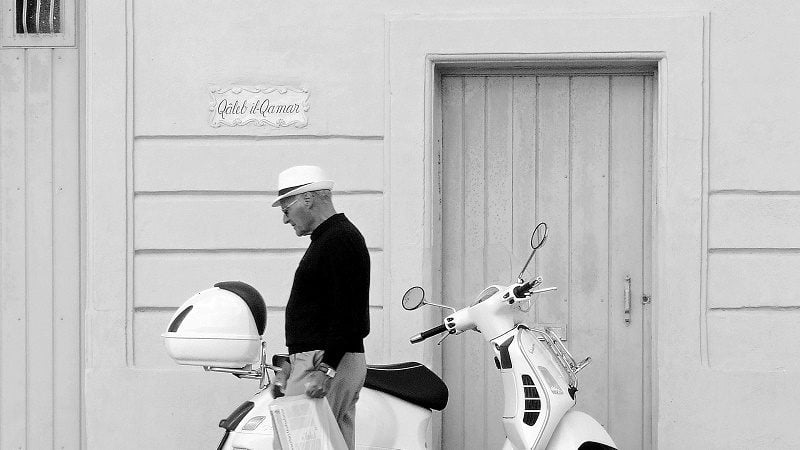We’ve never had it so good. We’ve never had it so bad. And it all depends on who you ask.
According to the 2018 Eurobarometer survey, 96% of respondents in Malta are very satisfied with the life they lead, and 39% of them expect their lives to keep getting better over the next 12 months.
And yet, 34% also say they’re worried about rising prices and the cost of living. This may not seem like a large number, but it’s a startling 12 percentage points higher than it was the year before.
Some 95% of respondents believe the current economic situation in Malta is either very good or rather good, making them the most optimistic nation in the European Union.
And yet, the National Statistics Office reported last week that 8.7% of Maltese residents — 55,000 people — are materially deprived. A further 3% are severely materially deprived. It’s the first time this number has increased since 2013.
These are citizens who are living from week to week, unable to cover unexpected expenses, unable to adequately heat their homes, unable to eat meat or fish every other day, and unable to afford consumer goods like washing machines or television sets.
And yet, according to the Prime Minister, they’ve never had it so good.
How are citizens holding two completely different ‘realities’ in mind, at the same time?
There’s a psychological term for this. It’s called Cognitive Dissonance.
As humans, we strive for internal consistency. We want the outside world to match the beliefs we hold about it. When our observations and beliefs don’t line up, we feel a growing sense of unease that drives us to change our behaviour — or to create elaborate avoidance strategies to deal with it.
I’ll give you a simple example of cognitive dissonance in action.
Imagine you’re in the wilderness walking along a compass bearing. You think you’re oriented on 37 degrees, but your actual bearing is 2 degrees off this target.
Now, the difference between 37 degrees and 39 degrees doesn’t seem very big — and it isn’t at first. But those two lines are diverging. They’re spreading apart into the distance, and it gets worse the farther you walk.
At some point, you start seeing landmarks you never expected, and you have this nagging feeling that something isn’t right.
But your companions don’t agree with you.“Don’t worry!” they say. “It’s not far now. We’ve never had such easy hiking!”
You continue to walk, but your unease is turning to growing distress as your beliefs clash with the evidence you see all around you. So what should you do?
You could take an honest look at the evidence and admit you’re lost. That’s the first step in reorienting and getting back on the path. Or you could struggle to maintain your sense of denial by explaining it away.
It’s hard to imagine why anyone would rather be lost than wrong, but we’re all capable of lying to ourselves. We do it every day.
We want to lose weight, but we really want to eat those pastizzi too. “It’s okay to cheat on my diet once in a while,” we might say. “Just one more and then I’ll really quit.” Or we bargain away the future to justify the present with, “I’ll jog for an extra 20 minutes tomorrow”.
And when we’re really in deep, we deny anything that conflicts with the belief we want to cling to so desperately: “It’s all just a political conspiracy to hurt Malta. Pastizzi are part of our socio-cultural tradition!”
Telling ourselves lies to get through the day is a way of reducing the sense of discomfort between belief and reality, those two diverging compass points.
The government spends massive amounts of money on advertising, Facebook campaigns and ratings agency reports because they need you to buy into the illusion that you’ve never had it so good, even as choking construction dust, vanishing green space, filthy air and the stench of corruption are telling you otherwise.
Denial is so tempting because facing up to the truth means you’d have to do something about it.
But there’s a price to be paid for holding two contradictory beliefs in one’s head. It becomes exhausting to maintain the illusion, and it all comes crashing down in the end.
On the personal front, that takes the form of burnout, a midlife crisis, a serious health scare, or the implosion of a career. On the scale of a society, business failures, property bubbles gone bust, a devastated environment and civil disorder.
This latest Eurobarometer poll reveals a Malta trapped within its own national cognitive dissonance. And that inevitable reckoning is hurtling closer.
Please, someone hit the brakes before the crash.












